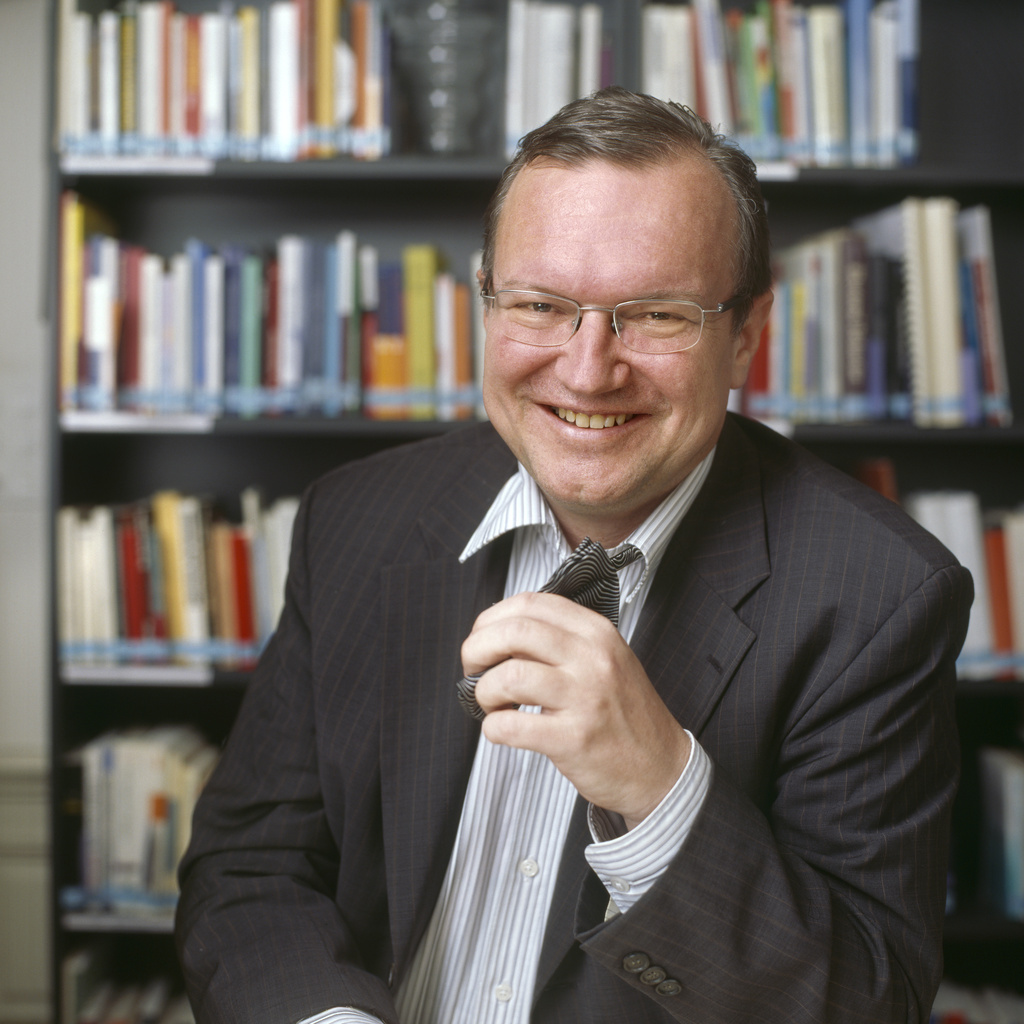Strong franc emerges as potential campaign issue

The negative effect of the strong Swiss franc could become a major issue in the next phase of the campaign for the parliamentary elections on October 23.
The latest opinion poll commissioned by the Swiss Broadcasting Corporation found that environmental issues have become less important, while immigration remains high on the agenda.
The survey, carried out 90 days ahead of the elections, also found that support for centre-right parties has increased at the expense of the Right and the Left.
“There are indications that the strong Swiss franc will become an issue while the impact of the nuclear accident at Fukushima in Japan seems to be wearing off,” said political scientist Claude Longchamp, head of the gfs.berne research and polling institute.
He added that a third campaign cycle might have begun now after previous phases marked by the topics of criminal foreigners and of Fukushima respectively.
A determining factor is if the current economic and currency woes are tabled at the forthcoming parliamentary session, and how the political parties deal with the topic of the Swiss franc, said gfs.berne project manager Martina Imfeld.
She stressed that there is no way of knowing for sure whether the currency issue will fizzle out again and other possible topics, including a possible resignation of a cabinet minister, could emerge to dominate the public agenda.
While the sustainability of the currency crisis is still unclear, the issue is unlikely to match the impact and extent of the Fukushima disaster according to the experts.
But regardless, immigration is again the primary concern for many citizens and likely to remain essential (see Worry Barometer).
Key moment
In comparison with the 2007 election campaign, Longchamp is still waiting for a key topic to be launched at a crucial moment.
“Until now no single issue has had a decisive mobilising impact,” he added. Conservative citizens reacted favourably in the wake of the nationwide vote on the deportation of criminal foreigners, while the discussions about an opt-out from nuclear power appealed to a more left-leaning electorate.
Interest in being politically active is below average and there is a general feeling of insecurity and political impotence according to Longchamp.
He stressed that voter apathy is particularly virulent among the under 40 age group with just 23 per cent of respondents in the latest survey saying they would take part in the October elections.
Slight shift to centre
The survey, which was published on Friday, recorded no change in the ranking among the top seven political parties over the past few years. But the groups are subject to some fluctuations.
The rightwing Swiss People’s Party is still nine percentage points ahead of the centre-left Social Democrats but both have suffered a slight decline in support.
In contrast, the centre-right appears to be gaining ground.
“The party political system has seen a re-focusing on the centre. But unlike four years ago, four different parties, not just two, are now fighting for their share of voters,” explained Longchamp.
This result challenges a widespread notion that Switzerland’s party political system is increasingly torn between a strong political Right and an equally powerful Left, crushing the traditionally strong centre.
Longchamp said the Liberal Greens and Conservative Democrats are very likely to be among the winners of the October elections, while all the other parties look set to either lose ground slightly or stagnate. (For details see chart)
The survey is the fifth is in a series of seven and examines the perceived competence of individual parties on specific policy issues, the quality attributed to election campaigns and the popularity of party presidents.
Longchamp reiterated that the surveys are not trying to forecast the detailed results of the October ballot, but are an instrument to explain voter intentions at a particular moment.
The survey is based on 2,005 telephone interviews carried out between July 25 and August 6 with 2011 citizens across the country.
The Swiss Abroad community was not included in the poll.
The margin of error is 2.2%.
It is the fifth in a series of seven gfs.berne studies commissioned by the Swiss Broadcasting Corporation, swissinfo.ch’s parent company.
Parliamentary elections are scheduled for October 23.
List in order of importance (End of July 2011):
1. Immigration, asylum
2. Environment, climate, nuclear energy
3. Economy, strong franc, recession
4. Health, insurance
5. Social security, pensions
6. Unemployment
7. Europe, EU
8. Tax, finances
9. Crime, security
10. Salaries
11. Schools, education
12. Family

In compliance with the JTI standards
More: SWI swissinfo.ch certified by the Journalism Trust Initiative












You can find an overview of ongoing debates with our journalists here . Please join us!
If you want to start a conversation about a topic raised in this article or want to report factual errors, email us at english@swissinfo.ch.